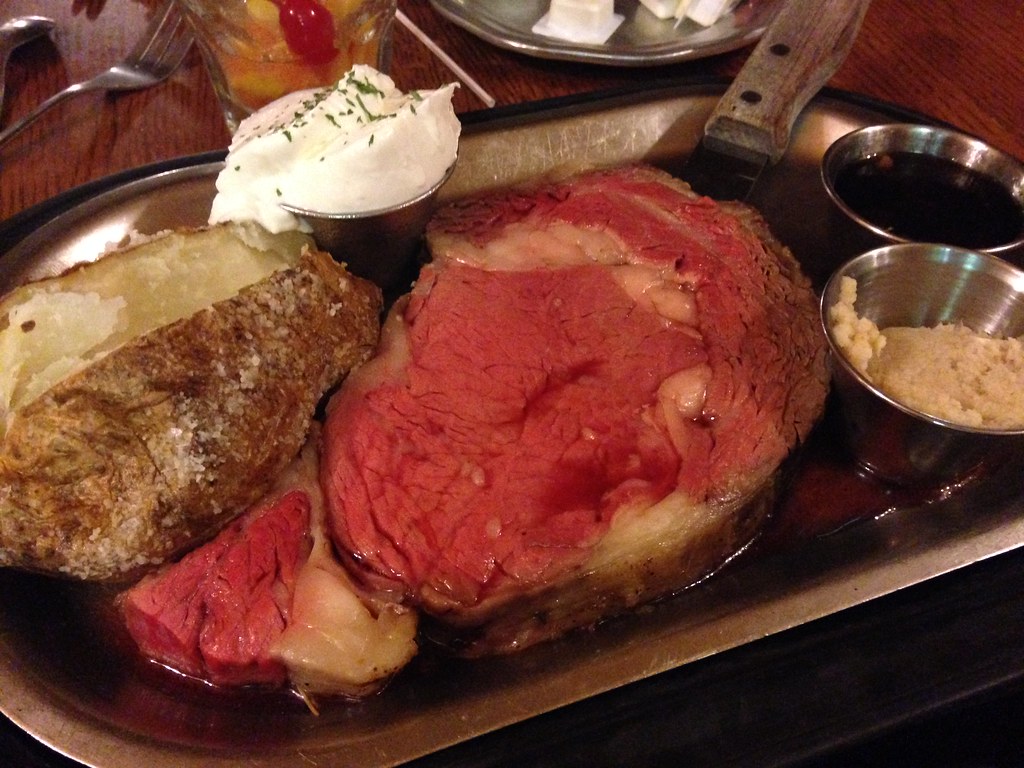If I’d been smart, I would have started an archive when I started prepping to be a teacher. It would document each of the teaching practices to come en vogue during my career and the approximate date when each became the villain in the stories we tell young teachers about learning and teaching.
The tool/practice with the most checkered past is the lecture.
Everything in my undergraduate preparation was a warning (direct or tacit) against the lecture. Workshops were the state of the art. Like the NCAA organizing a bracketed tournament, we were to match students with each other, have them pass their work around and then comment, defense, revise, edit, repeat. But, no lectures. The students wouldn’t learn from whatever ramblings we threw at their ears we were told.
The cognitive dissonance came as I considered the lectures I enjoyed in other courses I was taking. Pre-eminent scholars in their fields who knew how to craft stories of Hemingway, the history of the English language, remedial chemistry were regularly holding my rapt attention, while I was being told not only were they doing it wrong, but that I wasn’t likely learning form them.
It hurt my brain.
Things only got worse as I entered the classroom and the Internet made it possible to spread, embed, and mobilize lectures. Kahn, TED, and classroom flippers were putting bows on exactly the tools I was told and had come to believe were antithetical to learning. Teachers were spending time recording their lectures and telling students they were worth taking time at home to watch. Universities were making lectures freely available for anyone outside their admissions shield to learn from top professors. And big thinkers were taking to standing on a big red dot to inspire through nothing more than lecture.
Meanwhile, I was refining what it meant to operationalize a constructivist, constructionist pedagogy in an English classroom. I’d started identifying myself as a teacher whose pedagogy was inquiry-driven and project-based. This all stood opposed to the lecuturephilia I was hearing and reading about.
Except it didn’t. Because, even inside my classroom where students were asking questions that drove there creation of myriad projects, I was still lecturing from time to time. When I wanted to introduce the ideas of literary theory and literary analysis to a class of juniors, it was through a lecture that I modeled a close feminist reading of Lady Gaga’s “Just Dance“.
I did it, and I didn’t feel badly about it because it was the right tool for the moment. And, it only lasted a moment. I lectured through a narrative that helped to construct a framework of understanding of literary analysis and then told a story that exemplified putting that framework to use. After that and some discussion, I put the work in the students’ hands. I never again lectured on the topic. Instead, I gave mini practice sessions, prodded students to ask each other (and the internet) for help, and then asked them to do something similar to what I had done with my model text. (They may even have workshopped.)
This is the place of the lecture. With a few exceptions, it’s the place of most every practice, theory, and tool that’ve made their way into popular edu-parlance. As trope-ish as it may be, each of these pieces is a tool in a toolbox of teaching. The key will always be determining when telling a story is the most appropriate tool or letting students write their own stories of experience.
From Theory to Practice:
- Keep a running list of the tools in your own teacher toolbox along with your own current thinking on the affordances and limitations of each tool.
- Seek feedback from peers and students on your plans for teaching with a given tool before you put it into practice. Many times students are the best voices to tell you when an exemplifying lecture might be more helpful than throwing them into the deep end and asking them to swim.
- Watch masters. No matter how good I ever felt about a well-deployed lecture, I could always learn something by walking next door or across the hall to watch a colleague. Oftentimes, my learning was best when watching teachers of another subject area where my expertise was limited.
This post is part of a daily conversation between Ben Wilkoff and me. Each day Ben and I post a question to each other and then respond to one another. You can follow the questions and respond via Twitter at #LifeWideLearning16.






